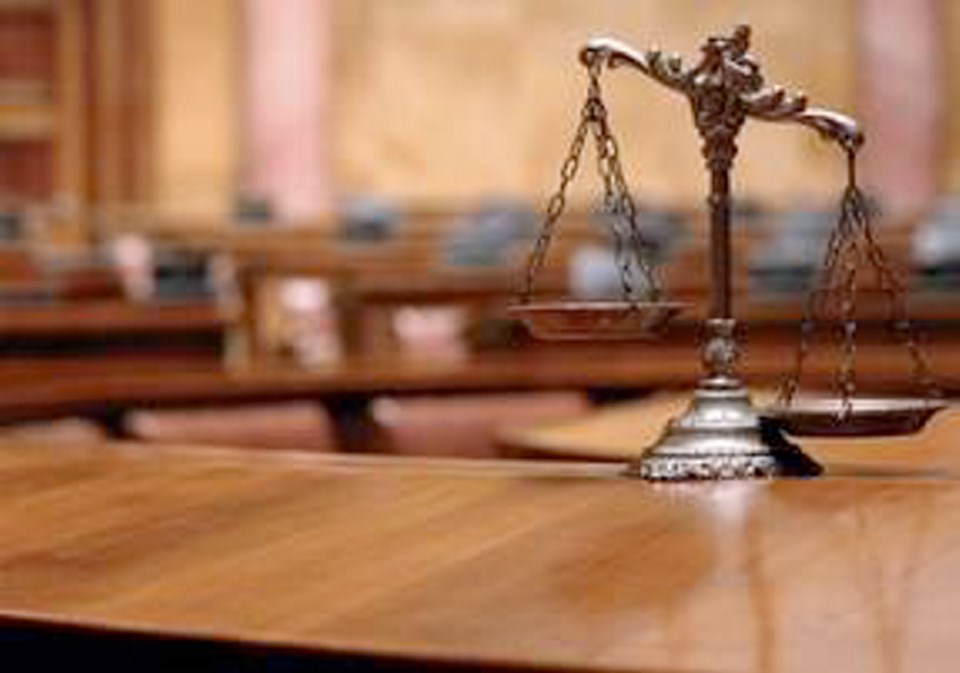The charter right to free expression did not guarantee an anti-abortion group’s right to host an event on a university campus, the B.C. Supreme Court has ruled.
Chief Justice Christopher Hinkson made little mention of abortion or free expression in his ruling, which concerned a University of Victoria student club that hosted “choice chains” featuring huge images of aborted fetuses and anti-abortion pamphlets.
Instead, his decision came down to whether the charter applies in a university setting. Hinkson ruled that it does not.
“It’s quite a narrow and technical point in a way, because it’s not about abortion,” said Nitya Iyer, who represented the UVic Students’ Society. “It’s about the balance between government and private entities in terms of regulation of free speech.”
The Charter of Rights and Freedoms is intended to constrain government power and protect individual rights, she said. But organizations such as universities have the authority to create their own protocol, from anti-harassment to space-booking policies, and to enforce them.
“It’s not even about freedom of speech, in my view. It’s about how we draw lines between who can do what, where,” Iyer said.
The case drew attention for the way the B.C. Civil Liberties Association — which supports abortion rights — partnered with Cameron Côté, the former president of the club Youth Protecting Youth, which opposes abortion.
They filed a petition together, calling on the court to overturn a university ban on the club’s choice chains.
Since 2009, the UVic Students’ Society had found the club harassed students on three occasions. After the club mounted a choice chain in November 2011, the students’ society passed a resolution barring the club from repeating the display.
In 2013, when the club applied to the university to book space for a similar event, the university initially allowed it with restrictions. It cancelled the booking, however, when notified by the students’ society that the club was not in good standing.
“This group had been subjected to a fair bit of discrimination in terms of their ability to get their message across, for many years, on campus,” said Josh Paterson, executive director of the B.C. Civil Liberties Association.
“[A university] should be a place for the free exchange of ideas.”
Craig Jones, a lawyer for the petitioners, said they were not deterred and might file an appeal.
“Mr. Côté was prepared for a long fight. The B.C. Civil Liberties Association is used to long fights. So we’re disappointed, but I don’t think discouraged,” Jones said.
University spokeswoman Denise Helm reiterated that the debate was about jurisdiction.
The university has a strong belief in free expression, as outlined in its student affairs policy, she said.
“The university has always been clear that freedom of speech is a fundamental value at UVic and a fundamental element of academic and student inquiry,” Helm said.
“The Youth Protecting Youth Club was not abiding by the university’s rules and policies and its request was denied on that basis, not because of its views,” said Jim Dunsdon, the school’s associate vice-president student affairs.
“Freedom of speech is a fundamental value at the University of Victoria and fundamental to intellectual inquiry.”



